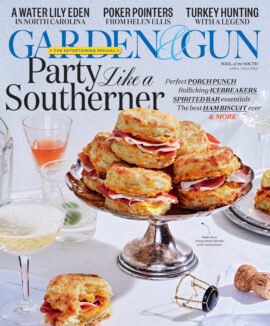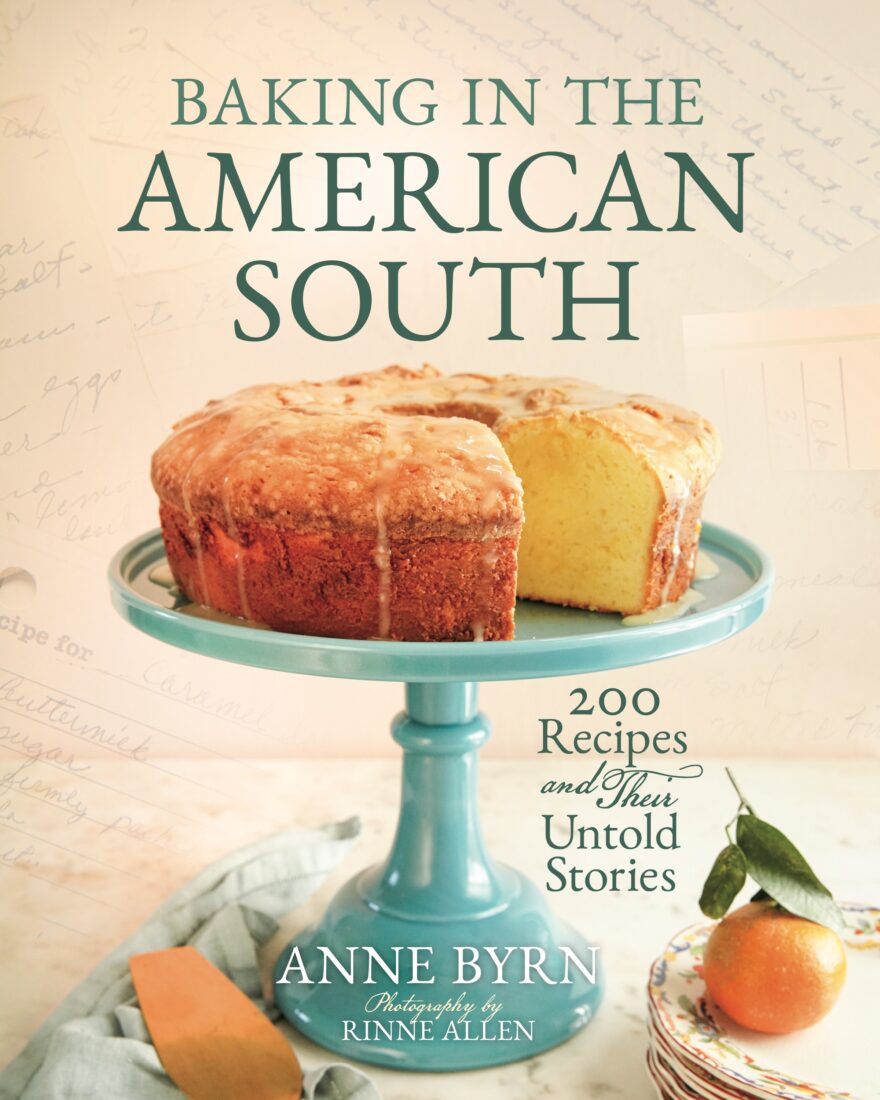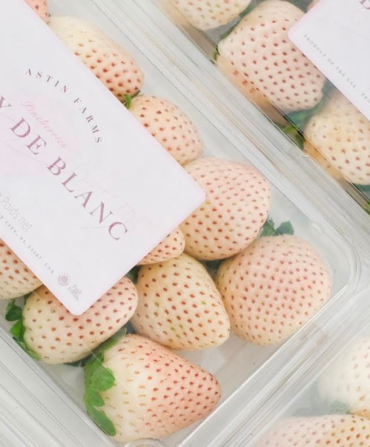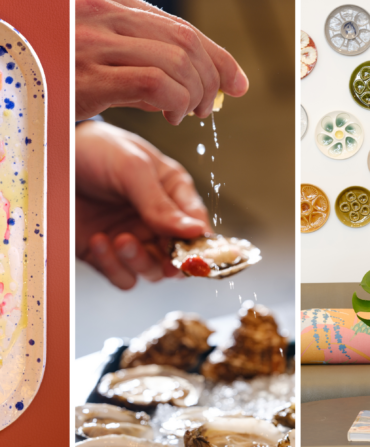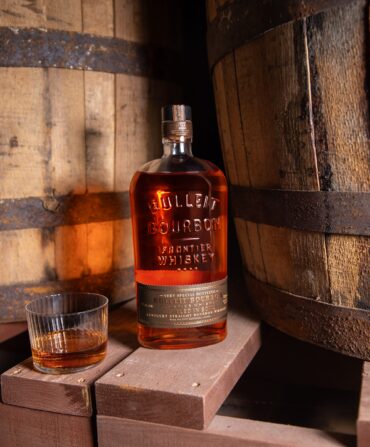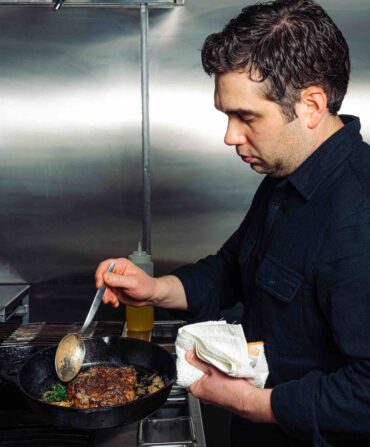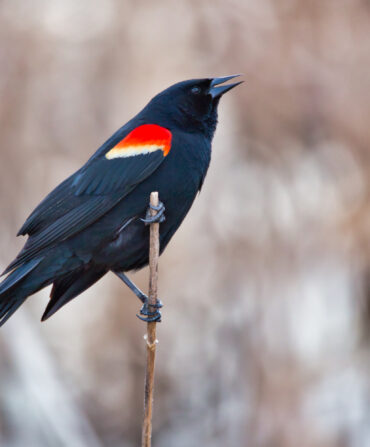It requires a hefty cookbook to adequately take on Southern baking, and at a smidge thicker than 475 pages, Baking in the American South doesn’t shrink from that responsibility. Nashville-based food writer and best-selling cookbook author Anne Byrn has been working (and baking) toward such a tome for a while, after winning fans as a cake whisperer and demonstrating just how many things can be cooked in a cast-iron skillet. With room to work, Byrn followed two hundred recipes for biscuits, cornbread, pies, cakes, cookies, and puddings into every delicious nook and cranny of South, often bringing back extra layers of history and context that make those dishes even sweeter.
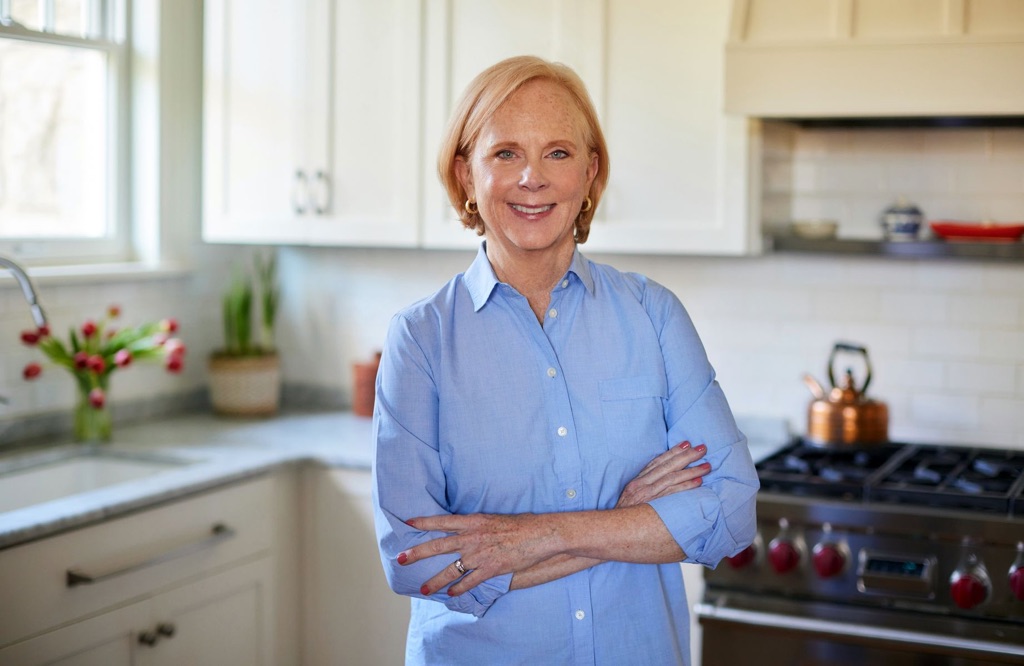
We chatted with Byrn about the journey, her own childhood baking memories, and why the South has the best bakers. Read the Q&A below, and find three recipes from Baking in the American South here:
• A Devil’s Food Cake for the Ages
• Dollywood’s Famous Cinnamon Bread
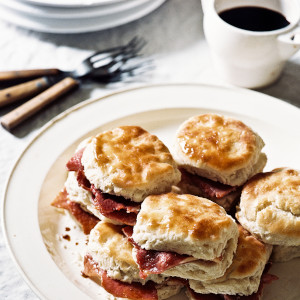
Why does a book focused on Southern baking appeal to people far beyond the region?
The South holds a mystique with the rest of the country. Reading about recipes like cream cheese pound cake or sweet potato pie offers insights into Southern life. It’s helpful that today, with White Lily flour, sorghum, and stone-ground grits shipped to your doorstep, you don’t have to live in the South to bake like a Southerner. Food connects us all.
What are the South’s biggest contributions to American baking?
It’s absolutely the first and the finest style of baking in America. Growing up with chess pies and yeast rolls, I took them for granted. Then when I studied the history, I found that Southern baking, in all its diversity, was greatly influenced by being rural and often poor. We didn’t have the commercial bakeries of the North and did most of our baking at home, so we had to get creative with the seasons and what we had on hand. Was there a drought? Was it during Reconstruction? Was there a railroad nearby? All this mattered.
What is a discovery you made in putting together this book?
The diversity of the South is the most striking observation. The South I grew up in isn’t just Middle Tennessee. It’s a combination of so many fascinating places. The people who came here and how they came here, whether through port cities or down from the North, tells a story. The movement of people greatly affected what was baked here and how recipes were developed. It’s a story of assimilation, then preservation.
Have community cookbooks compiled by church groups and ladies’ auxiliaries helped preserve old recipes?
They’re invaluable. Looking at Junior League cookbooks like Nashville Seasons or Charleston Receipts is a real glimpse into a place and time. I mean, the Jackson Cookbook, published by the Symphony League of Jackson, Mississippi, had a forward by Eudora Welty! It’s in that one that I first spotted a recipe for Grandma’s French Biscuits that kept popping up in other books, too. It made me want to know who Grandma was. And was she French? These books can help a journalist go even deeper. Black women typically weren’t mentioned, but their recipes were adapted and submitted by white women to the cookbooks. So community cookbooks can be important, and complicated.
You’ve written several cake cookbooks. What’s the most Southern cake?
Pound cake, hands down. There are little cake zones in Alabama and Georgia with their own thing, but pound cake exists throughout the South. That’s despite really having to know what you’re doing to transform maybe four ingredients into something that good. I can’t imagine making pound cake without a mixer, but bakers of the past had to beat all those eggs by hand. I just love how sturdy a pound cake is. It’s a constant.
What pie or cake most takes you back in time?
Chocolate meringue pie. People do think of me as a cake person, but I grew up on pie. My mother loved chocolate meringue pie, just loved it and made it all the time. Later on she went through a phase when she tried to make it faster with some ready-made ingredients, but nothing can beat baking from scratch when it comes to pies.
We all swoon over biscuits, but is cornbread the most Southern of breads?
Yes, and the first one, too. Wheat grows better in cooler climates, so the North long had better access to wheat flour. When Southern bakers couldn’t get flour, they made our homegrown cornmeal into something amazing. In the book, I include a recipe for Dairy Hollow House cornbread. It’s borrowed from a cookbook author named Crescent Dragonwagon who lived in Brooklyn and first learned to make cornbread from a neighbor’s friend who had moved from Georgia and combined Southern cornbread with the sweeter Northern style. Then Dragonwagon moved to Eureka Springs, Arkansas, and made that same cornbread for guests at Dairy Hollow House inn. She became known for that cornbread, a blend of North and South.
What are a few hometown Nashville places you might find yourself stopping by for baked goods?
If I want Southern baked goods, I pick up chess pies and meringue pies at the Picnic, which is a classic Nashville spot. And the Corner Market and Something Special are two takeout shops where I stop in for little lemon and chocolate tarts, or a pimento cheese sandwich and a slice of pie. Or for very French baked goods, I love Dozen, operated by Claire Meneely, who is a very creative pastry chef.
Is baking still a part of the distinctiveness of the South as a region?
Definitely. Or if baking isn’t an important characteristic of the South, it needs to be. Sometimes these days it seems we can’t agree on much of anything else, but we can agree on hot biscuits and a warm slice of pound cake.
Garden & Gun has an affiliate partnership with bookshop.org and may receive a portion of sales when a reader clicks to buy a book.

